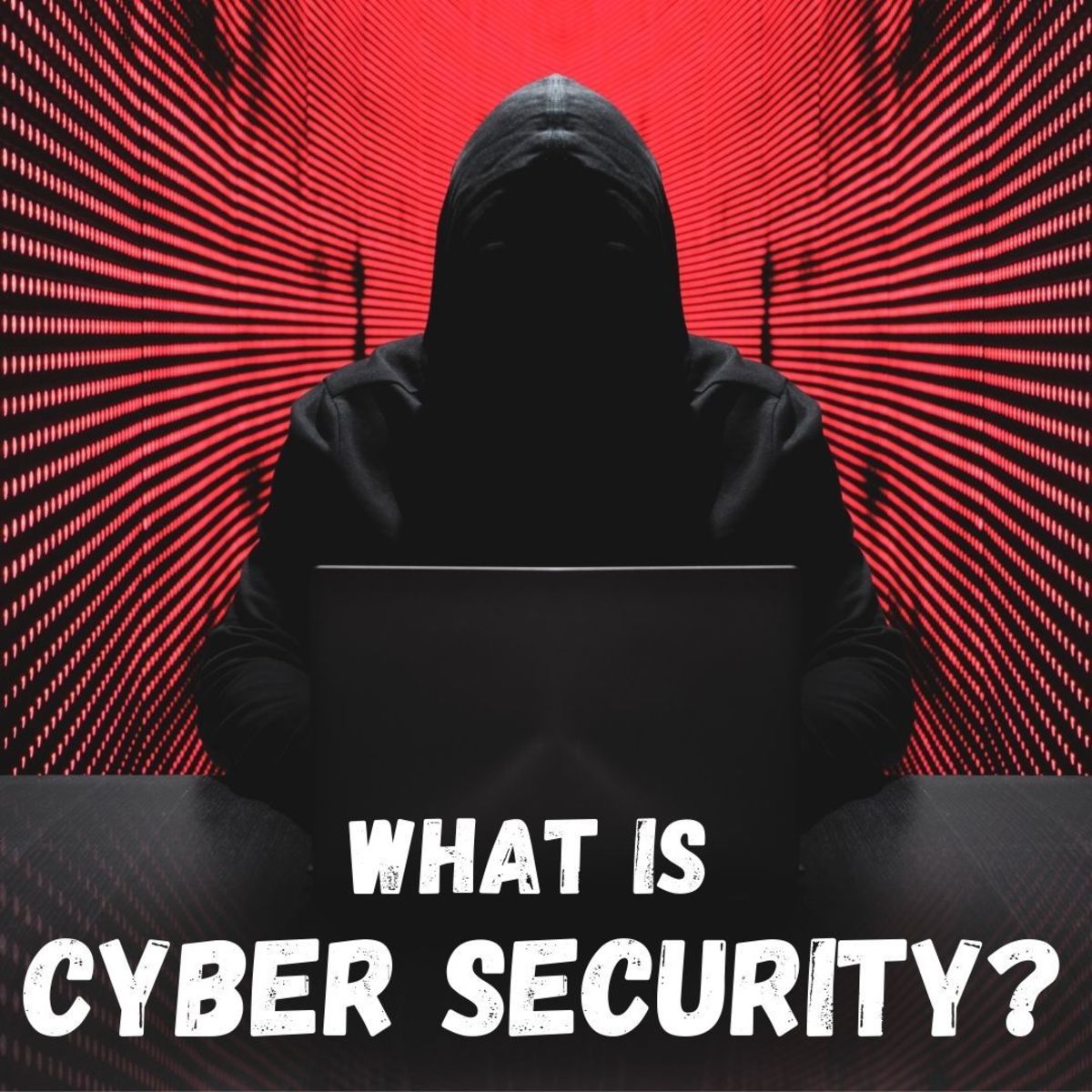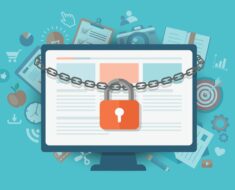
Cybersecurity protects networks, computer systems, and data from attack, damage, or unauthorized access. Cybersecurity experts do this by monitoring networks for intrusions by unauthorized parties, such as hackers. They also investigate methods of preventing future attacks by analyzing the data collected from past hacks.
Why Is Cyber Security Important?
All computer systems are susceptible to attack from hackers, who probe systems for weaknesses or vulnerabilities. A single successful entry can compromise the entire network.
Cyber-attacks often expose institutional and personal information such as personal identification numbers, financial data, and social security numbers. This information can be used for identity theft or to access an individual’s bank account for fraudulent purposes.
What Are the Causes?
A cyber attack can be caused by something as simple as a software bug in a program or operating system that allows hackers to access data usually protected by security measures.
Hackers also use the internet to gather information about a target and launch attacks. They also use deception and social engineering tactics to trick others into entering passwords and other confidential information, often in the pretense of being major organizations.
What Should You Do To Protect Your Network?
Follow these basic precautions to protect your system from unauthorized access:
- Use strong passwords and keep them secret. The longer the password, the better. Passwords that are too short might be vulnerable to cracking. People who use the same password for all systems risk getting their systems compromised.
- Restrict computer access to authorized users only, whether physically or virtually. Please use user or group accounts rather than allowing system privileges to be directly accessed by certain people.
- Limit the use of network ports that are not required for normal operations. Also, keep backup systems and data separate from primary systems to limit the damage in case of an attack or failure.
- Keep the operating system and all software patched and updated to reduce vulnerability.
- 5. Don’t open email attachments from unknown sources.
- Take advantage of security features in operating systems, such as hardware-based firewalls and intrusion detection systems.
- Install anti-malware and other anti-virus software.
- Use software to monitor network activity to identify recent hackers and unauthorized network use.
- Monitor data for signs of breaches or attacks, such as unusual changes in logged-in users or failed log-in attempts.
- Keep security policies current and enforce them consistently throughout the organization to build a disciplined culture of security awareness and appropriate safeguards.
- Educate employees about security risks, how to protect their personal information, workstation safety, and how to respond if an attack is detected on the network.






